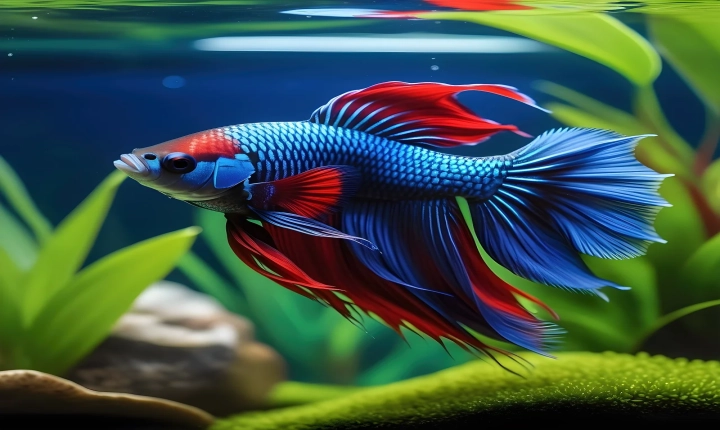Title: Can AI Write a Movie Script? Exploring the Role of Artificial Intelligence in the Creative Industry
Artificial intelligence (AI) has become increasingly integrated into various aspects of our lives, from personal assistants and smart devices to driving cars and predicting weather patterns. But can AI be creative? Can it write a movie script that captures the essence of human emotions, relationships, and experiences?
The idea of AI generating creative content has been a topic of debate and fascination in the creative industry. Some argue that creativity is a uniquely human trait that cannot be replicated by machines, while others believe that AI has the potential to revolutionize content creation. In recent years, AI-generated scripts have made waves in the industry, prompting filmmakers and writers to consider the role of AI in the creative process.
One of the key advantages of AI-generated scripts is efficiency. AI can process vast amounts of data, analyze trends, and generate content at a speed and scale that surpasses human capabilities. This can be especially useful in the early stages of script development, where AI can help writers generate ideas, identify story patterns, and even predict audience preferences. By leveraging AI, filmmakers can streamline the creative process and explore a broader range of storytelling possibilities.
Furthermore, AI can offer new perspectives and insights that may elude human writers. By analyzing existing scripts, AI can identify narrative structures, character archetypes, and plot devices that resonate with audiences. This can help filmmakers create content that is not only entertaining but also culturally relevant and thought-provoking.
However, there are also valid concerns about the limitations of AI-generated content. While AI can process and mimic patterns, it may struggle to capture the nuances of human emotions and experiences. The spontaneity, empathy, and intuition that drive human creativity cannot be easily replicated by algorithms. As a result, some argue that AI-generated scripts may lack the depth and authenticity that define great storytelling.
Moreover, there is the ethical question of ownership and authorship. Who owns the rights to an AI-generated script? Should AI be credited as a co-creator, or should its role be seen as a tool utilized by human writers? These questions raise important considerations about intellectual property, creativity, and the relationship between humans and machines in the creative process.
In conclusion, the debate over whether AI can write a movie script is complex and multifaceted. While AI has the potential to enhance the creative process and offer valuable insights, it may struggle to capture the essence of human creativity. The interaction between AI and human writers raises questions about the nature of creativity and the ethical implications of AI-generated content.
As technology continues to advance, the role of AI in the creative industry will likely evolve. It is important for filmmakers, writers, and industry stakeholders to critically examine the benefits and limitations of AI-generated scripts while considering the ethical and creative implications of their use. Whether AI can truly write a movie script remains to be seen, but its influence on the creative landscape is undeniable.
